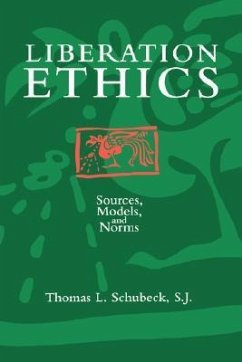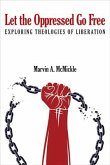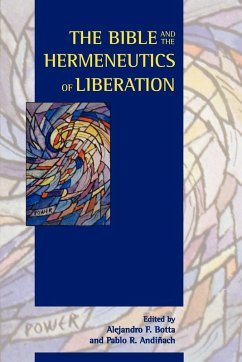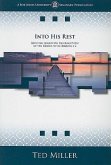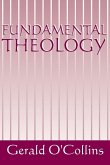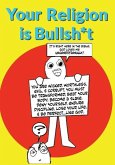Long needed, Thomas Schubeck's is the first comprehensive assessment of the ethical import of this generation's most influential theological movement. Based on in-depth interviews with key liberation theologians, as well as comprehensive research, Schubeck offers a critical yet sympathetic evaluation of liberation theology's normative content by looking at how liberation theologians actually use their foundational sources-praxis, social analysis, and Scripture. After narrating its grassroots origins, Schubeck gauges the comprehensiveness and coherence of the work of a dozen theologians, including Gustavo Gutiérrez, Juan Segundo, Jon Sobrino, and the late Ignacio Ellacuría, José Míguez Bonino, and others. He reveals liberation theology's surprising diversity and its power to illumine method and such issues as poverty and power, economic and political systems, theory and practice, violence, national security, and land reform. No task is more important-or more urgent-than understanding how religious reflection can best engender social and global justice, and Schbeck's sustained analysis sets the terms. His constructive critique may well prove a turning point in the assessment by both theologians and ethicists of the cogency-and future-of liberation theology.
Hinweis: Dieser Artikel kann nur an eine deutsche Lieferadresse ausgeliefert werden.
Hinweis: Dieser Artikel kann nur an eine deutsche Lieferadresse ausgeliefert werden.

